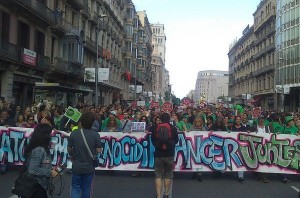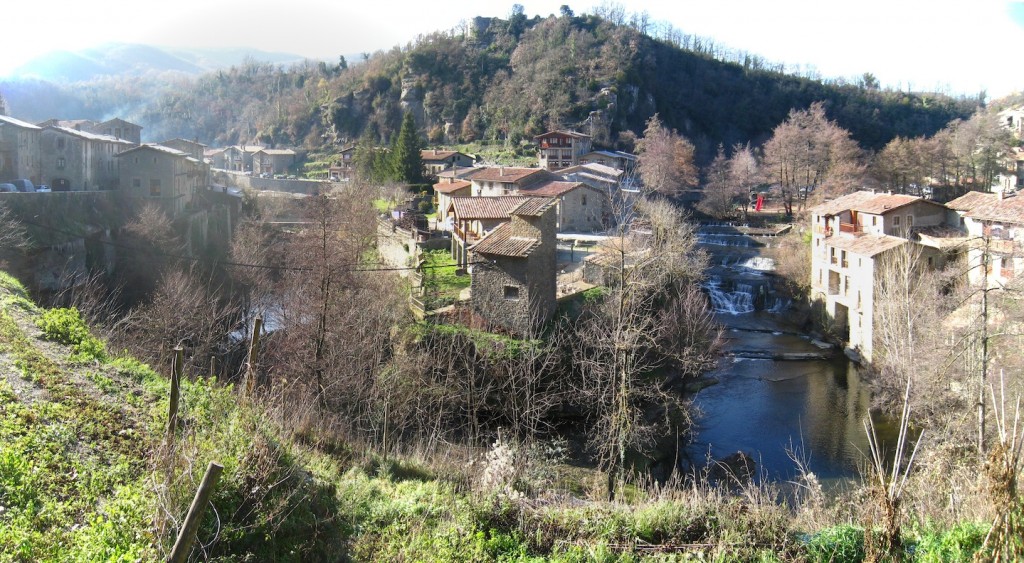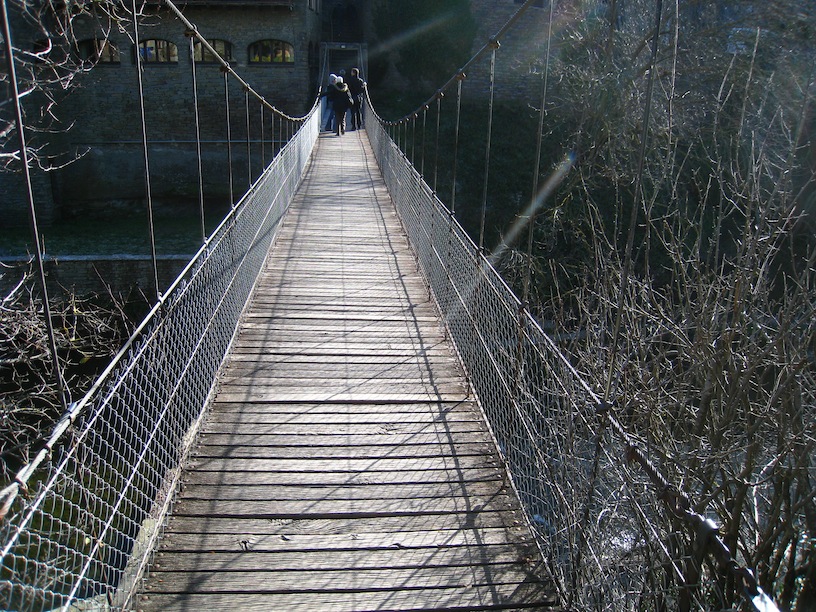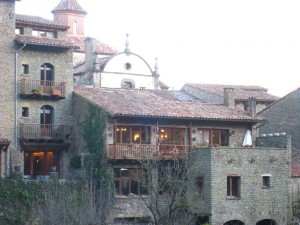A couple of weeks ago, I wrote my first column for the JoongAng Sunday (a relative to the JoongAng Daily, where I work). It only ran in Korean, so, for those who might be interested, here it is in the original English:
Having recently returned to Korea after four years of living in Spain, I’ve been really enjoying being back. It’s like all the things I enjoy the most about Korea have gotten bigger and better, while the things I dislike have shrunk and grown less common.
When I first came to Korea in 1996, living in smaller cities outside of Seoul, Korea felt like a very different country. Back then, it was very hard to find variety and non-Korean things. Movie theaters were old and run-down, live music clubs were few, and not many supermarkets stocked imported goods. Day to day living was tough, but I really liked it.
Even then, there was definitely an energy to Korea that was very interesting, a sense that something special and powerful was brewing just underneath the surface. I can still remember the first time I saw Hwang Shin Hye Band live at a tiny club in Daejeon, I was so blow away. I can remember seeing movies like “The Gingko Bed” and “The Power of Kangwon Province” and being so impressed.
Once I moved to Seoul, especially in the Hongik University and Shinchon neighborhoods, things were even better, as I met all sorts of creative young people who were pushing so hard against the limits of the day, trying to make something new.
Over the years, Korea kept getting better, but, strangely, as it became easier for foreigners to live here, I could feel my attitude not always appreciating those changes. Sometimes I would fixate on the things I did not like — like pushy people on the subways or rude taxi drivers — and let petty problems annoy me.
Which is a big part of why I moved to Barcelona four years ago. I just needed a change of pace. Hong Kong or somewhere else in Asia would have been too similar. I needed something very different.
Indeed, living in the beautiful, historical Europe was a wonderful change. At first. But it wasn’t long before I began to notice all the ways Europe falls short, compared to what I liked about Korea. I quickly began to realize how many of my complaints about Korea were not about Korea at all. They were about life in general. Or about myself.
Over and over, Spain and Europe showed just how tired and boring they could be. Need a new pair of glasses? Come back in a week. Need your cable TV turned off? You need to submit a request in writing at least two weeks ahead of time. So many little things that Korea just does in minutes took days or weeks there.
It has now been more than five years since the Spanish economy crashed. I was living in Korea when the Asian economic crisis of 1997-8 hit, and the difference could not be bigger. In Korea, it was a terrible time, and the value of the won plummeted, companies went bankrupt and so many people lost their jobs. But Koreans rallied. They dug in, took action, and overcame the crisis in just a couple of years. Even though Korea can be a very divided place between left and right and other factions, in the face of a true crisis, the country rallied together and fixed the problem.
Spain, like all of Europe, however, continues to limp along, utterly without the political will to fix the problem (which is not a debt problem, but a fatally flawed currency that just does not work). Rather than address Spain’s real problems, the Catalans and other ethnic groups debate breaking away and forming new countries.
Korea, however, is faster than ever. There are at least three coffee shops within 100 meters of my apartment that are open all night, and that make excellent coffee and food. There is more variety with food, music, and all the cultural things that I so enjoy.
Of course, I’m not blind to Korea’s problems. The housing market is too expensive and full of inefficiencies. The endless left-right political squabbling helps no one. The lives of young people are packed with way too much school and not nearly enough education. And, dear god, it’s time to clean up the garbage on the streets.
But when it comes to day-to-day life, it’s amazing how Korea keeps getting better. I’m really excited to be back here, and I’m excited to see where Korea will go next.







